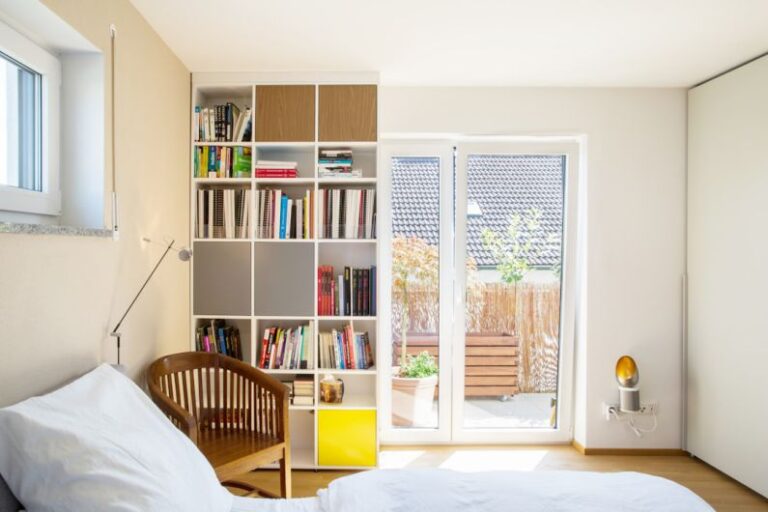Tips for Reducing Waste in Your Home
Every day, we generate waste in our homes that contributes to environmental pollution and depletes valuable resources. Fortunately, there are simple and effective ways to reduce waste and minimize our impact on the planet. By making conscious decisions and adopting sustainable practices, we can all play a part in creating a cleaner and greener future. Here are some practical tips for reducing waste in your home.
### Audit Your Waste
Before implementing any changes, start by examining your current waste habits. Take note of the items you throw away regularly and identify areas where you can make improvements. By understanding your waste stream, you can pinpoint specific areas where you can reduce, reuse, or recycle more effectively.
### Embrace Reusable Products
One of the easiest ways to minimize waste is by opting for reusable products instead of single-use items. Invest in reusable water bottles, shopping bags, coffee cups, and food containers. By choosing reusable options, you can significantly cut down on the amount of disposable waste you generate.
### Compost Food Scraps
Food waste is a significant contributor to household waste. Instead of throwing food scraps in the trash, consider starting a compost bin in your backyard or using a composting service. Composting not only reduces the amount of waste sent to landfills but also creates nutrient-rich soil for your garden.
### Buy in Bulk
Reduce packaging waste by purchasing items in bulk whenever possible. Buying in bulk not only reduces the amount of packaging used but also often saves you money in the long run. Consider visiting bulk stores or using refill stations for items like grains, nuts, spices, and cleaning supplies.
### Choose Sustainable Packaging
When buying products, opt for items with minimal or eco-friendly packaging. Look for products that use recyclable materials or packaging made from recycled content. By supporting companies that prioritize sustainable packaging, you can help reduce the overall waste generated in your home.
### Repair and Repurpose
Before discarding broken items, consider repairing them or finding alternative uses. Repairing appliances, clothing, and household items can extend their lifespan and prevent them from ending up in the landfill prematurely. Get creative with repurposing items for new functions to give them a second life.
### Reduce Paper Waste
Paper waste is a common source of household waste. Cut down on paper usage by switching to digital alternatives whenever possible. Opt for electronic bills, emails instead of printed letters, and e-books instead of physical copies. When you do need to print, use both sides of the paper to maximize its use.
### Donate Unwanted Items
Instead of throwing away items you no longer need, consider donating them to local charities, thrift stores, or shelters. Clothing, furniture, electronics, and household goods can often find a new home with someone in need. Not only does this reduce waste, but it also benefits the community.
### Create a Zero-Waste Kitchen
The kitchen is a hub of waste generation in many households. Take steps to create a zero-waste kitchen by reducing food waste, using reusable storage containers, and avoiding single-use plastics. Plan meals to minimize leftovers, compost food scraps, and choose products with minimal packaging.
### Engage Your Family
Reducing waste is a collective effort that involves everyone in the household. Educate and involve your family members in waste reduction practices to create a shared commitment to sustainability. Encourage children to participate in recycling, composting, and reusing items to instill lifelong habits.
### Conclusion: Embrace a Sustainable Lifestyle
By implementing these tips for reducing waste in your home, you can make a positive impact on the environment and lead a more sustainable lifestyle. Small changes in your daily habits can add up to significant reductions in waste over time. Remember that every effort, no matter how small, contributes to a healthier planet for future generations. Start today and be part of the solution to minimize waste in your home.






